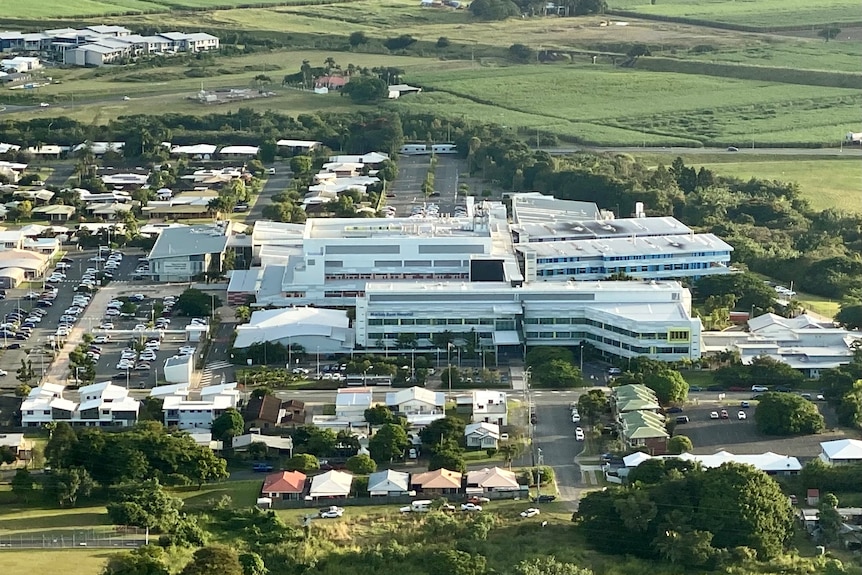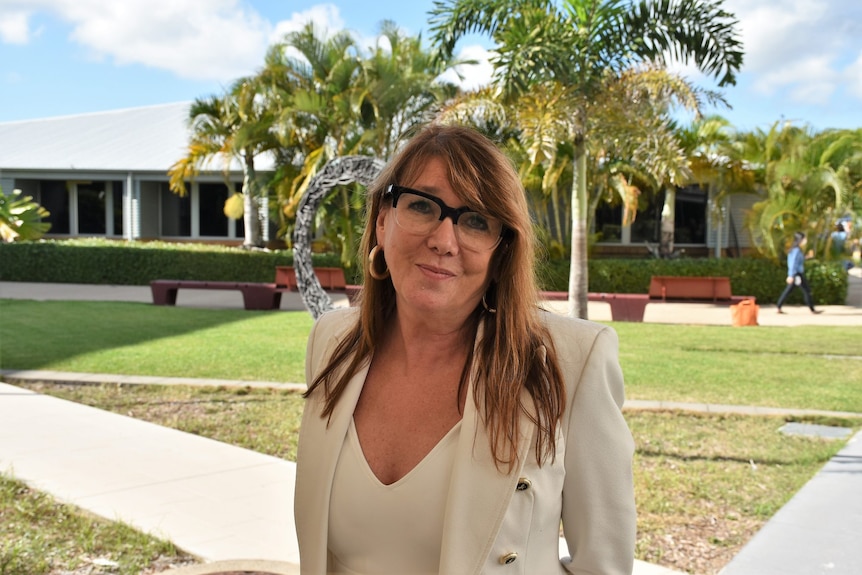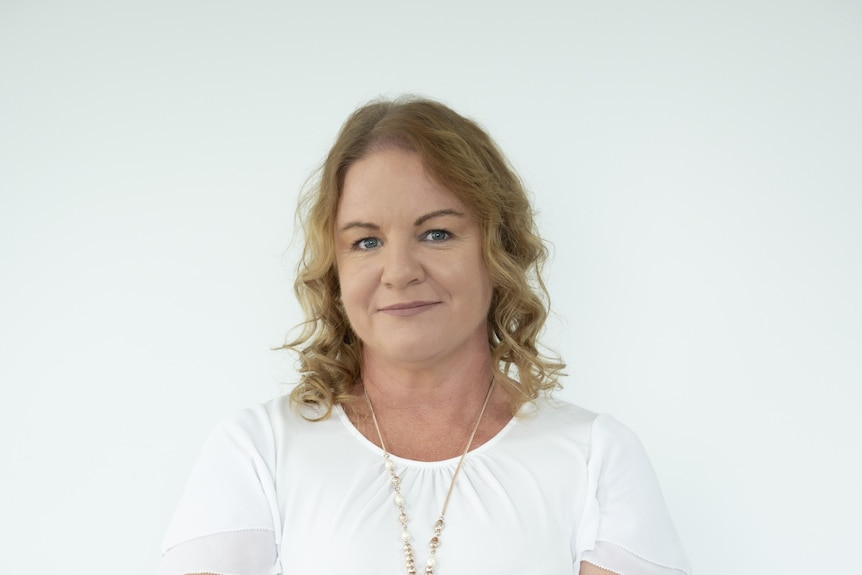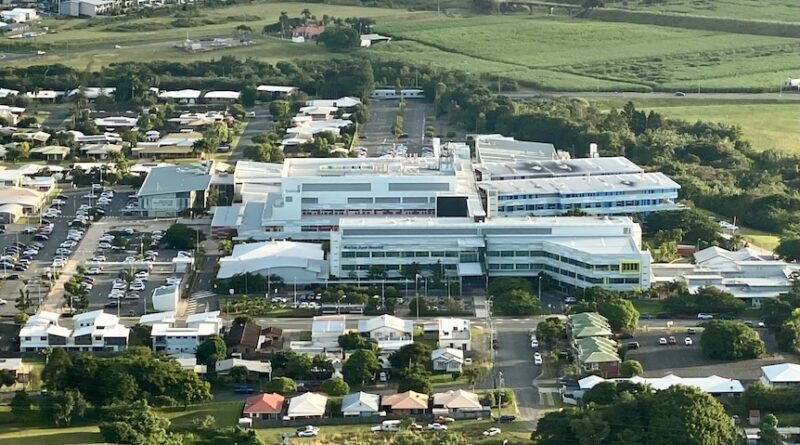Women affected by ‘inadequate care’ at a Queensland hospital say there is ‘a long way to go’ to trust the health service.
On an October afternoon three years ago, patient advocate Beryl Crosby picked up the phone to call the head of a public health service more than 600 miles away.
It was a conversation that dramatically led to the revelations of Mackay Hospital and Health (MHHS), including the sacking of its board and revelations that “inadequate care” had contributed to the death. of three babies.
“I had a whistleblower from Mackay Base Hospital call me and make serious allegations that patient safety was at risk,” Ms Crosby said.
“There were problems raised at the hospital…but it didn’t seem like it was going any further.”
Days after her call to Lisa Davies Jones, then MHHS chief executive she ordered an independent investigation into its obstetrics and gynecology services. diseases of women.
‘I was crying on the phone with patients’
During the research, which lasted almost a year, more than 170 women came forward, and 81 were interviewed for the analysis.
Among its findings, the independent panel concluded that poor medical care at Mackay Base Hospital contributed to the deaths of three babies and that many women were left with life-long injuries. physically and mentally.
Following the findings, the state health minister fired the MHHS board.

A diagnosis found inadequate care at Mackay Base Hospital contributed to the deaths of three babies. (ABC Tropical North: Tobi Loftus)
For Ms Crosby – an advocate for nearly 20 years since she founded the patient group for disgraced surgeon Jayant Patel – supporting women during what was a sometimes “long, drawn-out process” was as “feelings” and “concerns”.
“I used to cry with patients on the phone,” he said.
“Sometimes I was the first person they talked to about the suffering they went through.
“There was a lot of relief when finally something was done and we could give them answers.”
Costs and ‘sustainable change’
The investigation cost MHHS $8.12 million over three years, excluding compensation payments to women through the Queensland Government Insurance Fund, according to the service’s annual reports.
Increased research costs resulted in the health service receiving a $5 million bonus from Queensland Health in 2022-2023.
The chief executive of the health service, Susan Gannon, who was appointed after the investigation was found, said the review had a “huge financial impact”.

Susan Gannon says the review has made a big difference. (Provided by: Mackay Hospital and Health Service)
“These costs were necessary to select the most qualified people to conduct independent research, to increase professional staff and to support women with psychological support and medical care,” Ms. Gannon said.
What has changed for Mackay women?
MHHS, which serves a population of around 180,000 in tropical north Queensland, has between 1,500 and 1,600 children each year.
Ms Gannon said the review had resulted in a “significant and sustainable change”.
He said that practice and collaboration in the maternity health department have improved and there are many studies to help patients.
Mom.
The hospital has now filled its seven obstetrics and gynecology posts and has been reinstated with RANZCOG training accreditation.
Accreditation allowed the hospital to train obstetricians and gynecologists and was lost before the inspection.
Of the 122 researchers’ recommendations, 116 have been completed, two are ongoing, and the remaining four are connected to the expansion of the hospital, which will be completed in 2026.
Ongoing communication with affected patients
Former Mackay Base Hospital patient Melissa Ferrier – whose injury was determined by investigators – is part of a working group set up to oversee the implementation of the review’s recommendations.

Melissa Ferrier says there is “a long way to go” for women to trust the health service. (It is given)
Ms Ferrier’s bladder was severed during a hysterectomy in 2021 and subsequent surgery to repair it caused ongoing incontinence problems.
An investigation found her wound was among 21 accidental injuries during obstetrics and gynecology surgery at Mackay Base Hospital (MBH) in one year.
“The expected incidence for a hospital the size of MBH is about zero to one per year,” the study found.
Ms. Ferrier joined a working class, which she says allows her to help others.
He says: “Since my first operation, I was angry, but I knew that I could not change the results in any way.
“So, what can I do to fix it and make sure it doesn’t happen to someone else?”
He said at a meeting with Ms Gannon in December, the group would raise the issue to include informed consent for medical procedures.
“The fight we have now is to improve things at the hospital to make sure it doesn’t happen again.”
She said “there is still a long way to go” for women to trust health services.
“We’re working behind the scenes now with Queensland Health and Mackay Hospital and the Health Service, to help future generations.
“But we’re not going anywhere, we’re not quiet about it.”
Compensation numbers were not disclosed
Compensation has been available to women either through Mackay HHS or through a personal injury claim in court.
The health service refused to reveal how many women received compensation in these ways.
However, the review found that 26 cases fell below the expected standards of care and were eligible for compensation through the Queensland Government Insurance Fund (QGIF).
Ms Ferrier said in her case, although inspectors found her injury was caused by “deficient” care, she was not deemed ineligible for compensation.
Beryl Crosby says the reparations process has not gone far.
In order to receive a salary, the women had to apply to the group, which would review their case, but not all of them passed this limit, he said.
“I wish all those women would have been able to move on with their lives and try to find closure.
“For some, maybe they did, but for others, I know they never will, and it’s hard.”
#Women #affected #inadequate #care #Queensland #hospital #long #trust #health #service
